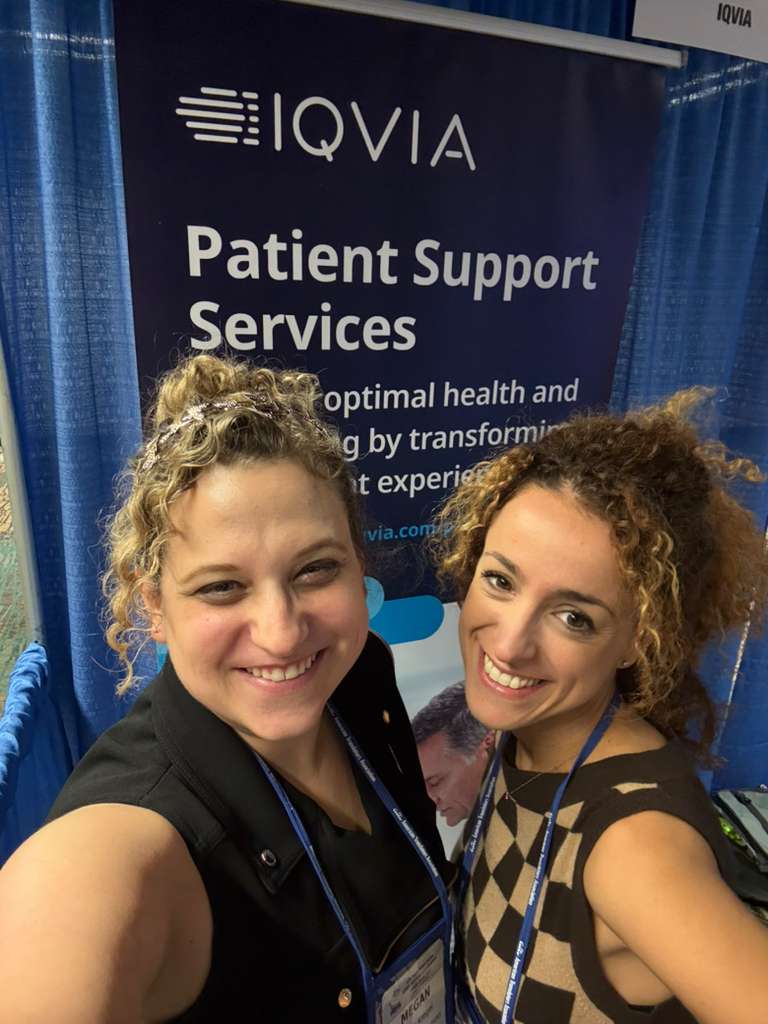Building Bridges: Linguamatics at ATA66
Chiara Scaramelli, Linguist Engagement & Training Lead, Linguamatics
Megan Kregel, Talent Management Team Lead, Linguamatics
 Last month, we had the privilege of participating in the ATA66 (American Translators Association) Conference in Boston, MA. This was our first in-person engagement with many of our linguist collaborators, and it proved to be a powerful reminder of the value of visibility, collaboration, and human connection in the language services industry.
Last month, we had the privilege of participating in the ATA66 (American Translators Association) Conference in Boston, MA. This was our first in-person engagement with many of our linguist collaborators, and it proved to be a powerful reminder of the value of visibility, collaboration, and human connection in the language services industry.
Bringing together professionals from across the linguistic spectrum—translators, interpreters, educators, technologists, and researchers – the conference was an opportunity not only to share our work but to listen, learn, and connect.
Here are a few key takeaways from our conversations:
1. Visibility & Collaboration
Many linguists expressed a desire for greater transparency and partnership with the organizations they work with. At Linguamatics, we’re committed to fostering open dialogue and building collaborative relationships that go beyond transactional interactions. The conference reinforced how essential it is to be present, accessible, and engaged.
We had the pleasure of meeting and speaking in person with several of our valued freelance life science linguists. The experience of exchanging real hugs and handshakes (connecting face-to-face rather than virtually) was truly remarkable, and it underscored how transformative genuine human interaction can be. Even as AI continues to reshape our industry, authentic connections remain essential, enriching both our professional endeavours and personal lives.
2. Education & Engagement
The pace of change in our field—especially with the rise of AI and machine learning—requires ongoing education and thoughtful engagement. We were inspired by the curiosity and expertise of the professionals we met, and we’re excited to continue supporting learning opportunities that empower linguists to grow alongside the technology.
We also had the privilege of attending several inspiring sessions led by remarkable professors hailing from around the globe. The sessions we participated in were particularly insightful, with a strong emphasis on artificial intelligence. For example:
- “AI Tools for Language Professionals” provided us with invaluable insights into the latest technologies designed to make translators’ work more efficient and enjoyable.
- “Hard Realities: AI in Translation and Interpreting Today and Tomorrow”offered a candid look at current challenges and future opportunities, while several discussions focused on how linguists can remain resilient and adaptable in the face of rapid technological change.
In addition to the educational sessions, we took part in dynamic networking events where we had the opportunity to connect with fellow linguists from across the world. These interactions were not only enriching but also gave us the chance to exchange ideas and practical suggestions on common challenges faced in the day-to-day life of language professionals. The spirit of collaboration and mutual support was truly uplifting and reinforced the importance of staying connected within our community.
3. Human Connection Really Matters
Despite the increasing role of automation, the human element remains irreplaceable. The warmth, insight, and generosity of the people we met reminded us that language is ultimately about connection—and that our work is most impactful when it’s grounded in empathy and mutual respect.
We were fortunate to meet many inspiring professionals, including some of our brilliant collaborators and AI experts, who helped us better understand the evolving universe of language technology. These conversations are just the beginning.
We’re excited to continue deepening our engagement across the linguistic community. If you’re passionate about language, technology, and collaboration, we invite you to join our fast-growing, vibrant community.
Let’s build the future of language together.